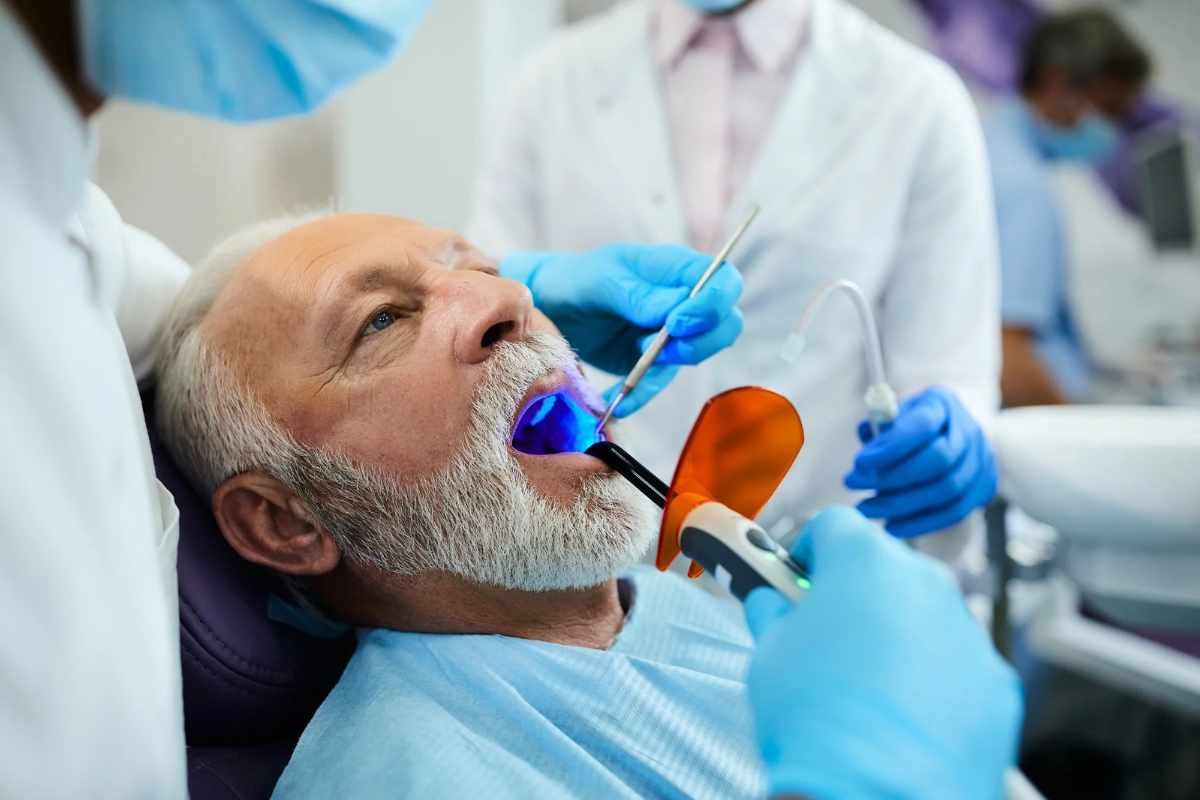Source-news-medical.net
King’s College London researchers highlight the need for improved oral health strategies amid an aging global population.
Understanding the Aging Population and Its Challenges
A recent review by Rakhee Patel and Jennifer Gallagher from King’s College London, published in BDJ Open, emphasizes the growing need for better oral health strategies as part of the global response to healthy aging. Their research uses the World Health Organization’s (WHO) framework for healthy aging to propose an integrated model, focusing on the United Kingdom (UK) as a case study.
As the global population ages, significant challenges arise in healthcare systems, particularly in how different regions and cultures define and address aging. By 2030, the WHO predicts one in six people will be 60 or older, with the number of people aged 80 and above expected to triple by 2050. This rapid demographic shift presents a complex landscape for policymakers, who must understand the varied biological, social, and psychological factors that affect older adults.
Oral Health and Its Role in Healthy Aging
Patel and Gallagher’s review highlights the crucial link between oral health and overall well-being among older adults. Oral disorders rank among the leading causes of disability globally, particularly in older populations. High levels of untreated dental issues, such as root caries and periodontal disease, are common, especially in institutional settings. Despite misconceptions, aging itself is not the direct cause of oral health decline. Instead, factors such as access to care, systemic health conditions, and medication use play a pivotal role in oral health outcomes.
The review emphasizes the importance of addressing dental diseases early on, as untreated conditions can significantly impact quality of life. Moreover, poor oral hygiene can exacerbate chronic conditions like diabetes and cardiovascular diseases. Notably, studies suggest a link between cognitive decline, such as dementia, and worsening oral health, further underlining the need for integrated care approaches.
Policy Recommendations for the Future
To effectively tackle the challenges posed by an aging population, the review calls for a comprehensive policy approach. This includes early preventive strategies, better training for care staff, and a closer integration between health and social care systems. Policies that promote regular fluoride treatments and ensure easy access to dental care, particularly for vulnerable groups like those in care homes, are essential.
In the UK, while some progress has been made—such as improved oral health policies in Scotland and Wales—disparities remain. Many older adults still suffer from untreated dental issues, especially in institutionalized settings. As the review suggests, a multifaceted approach focusing on prevention, patient-centered care, and the integration of oral health into broader healthcare systems will be key to supporting healthy aging worldwide.







